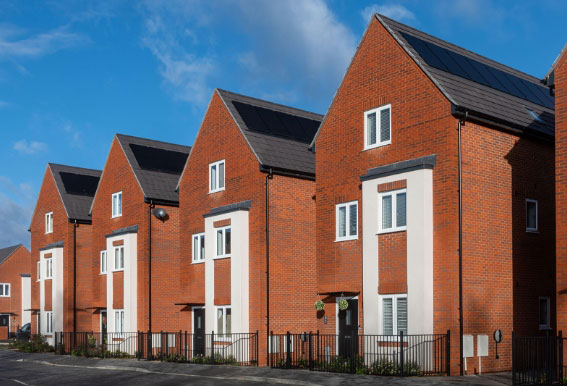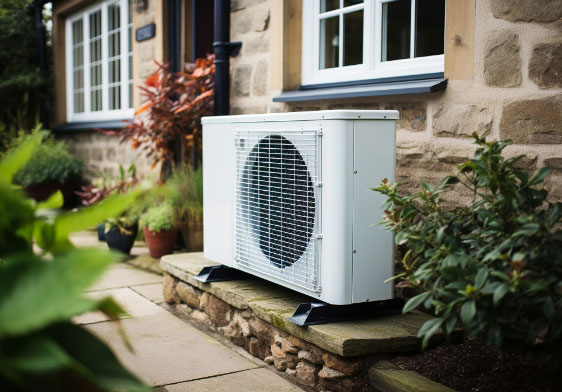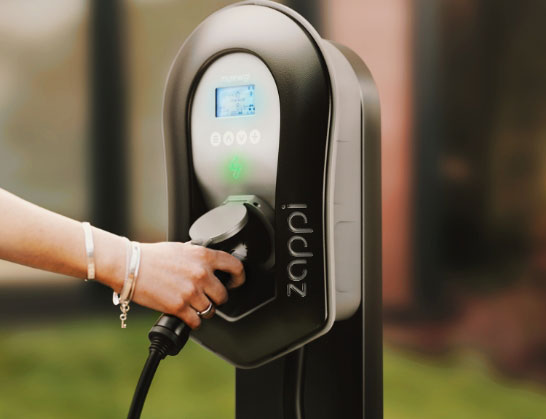Unlocking Energy Savings: Advantages of Choosing the Best Solar Panels for Your Home
In recent years, the demand for sustainable energy solutions has surged as homeowners increasingly seek to reduce their carbon footprint and save on energy costs. According to a report by the International Energy Agency (IEA), solar energy has the potential to provide over 30% of the world's electricity by 2040, making solar panels for houses a pivotal component of this transition. Choosing the best solar panels for your home not only contributes to a cleaner environment but also offers significant financial benefits. Data from the U.S. Department of Energy highlights that homes equipped with solar panels can save an average of $10,000 on their electricity bills over 20 years, while also increasing property values. This blog will explore the advantages of selecting high-quality solar panels, guiding you to make informed decisions that maximize energy savings and enhance the efficiency of your home.
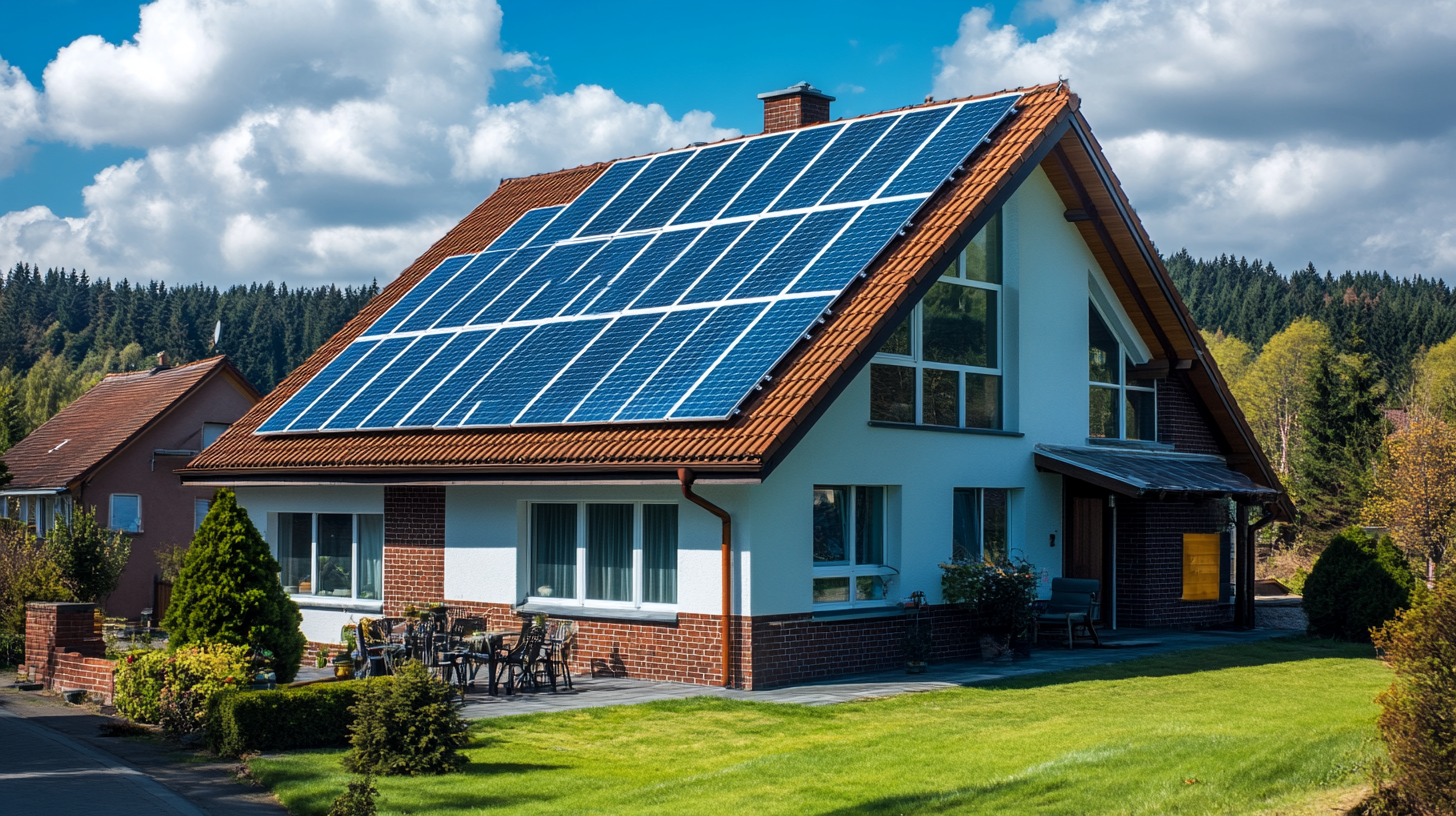
Understanding the Different Types of Solar Panels for Home Use
When considering solar panels for home use, it's essential to understand the different types available and their advantages. The photovoltaic (PV) industry is rapidly evolving, particularly with the rise of N-type solar cells, which are expected to dominate the market due to their enhanced efficiency and durability. These solar cells harness sunlight through the photovoltaic effect, effectively converting solar radiation into electricity while providing a safer and more reliable energy source.
Moreover, the integration of renewable energy technologies continues to gain traction, with innovative solutions like solar heating systems gaining popularity. As we approach 2024, solar heating is poised to offer homeowners significant savings on their energy costs, showcasing its potential as a sustainable alternative for residential heating. This growing trend reflects a broader shift towards green energy, promoting not only reduced carbon emissions but also long-term financial savings for households.
In addition, studies indicate that the adoption of solar energy can contribute to a zero-carbon lifestyle, aligning with global efforts to mitigate climate change. By decreasing reliance on fossil fuels and leveraging clean energy sources, homeowners are not only making a positive environmental impact but are also benefiting from the economic advantages that renewable energy technologies provide. The future of home energy is bright with these advancements at the forefront.
Evaluating Key Features to Identify the Best Solar Panels
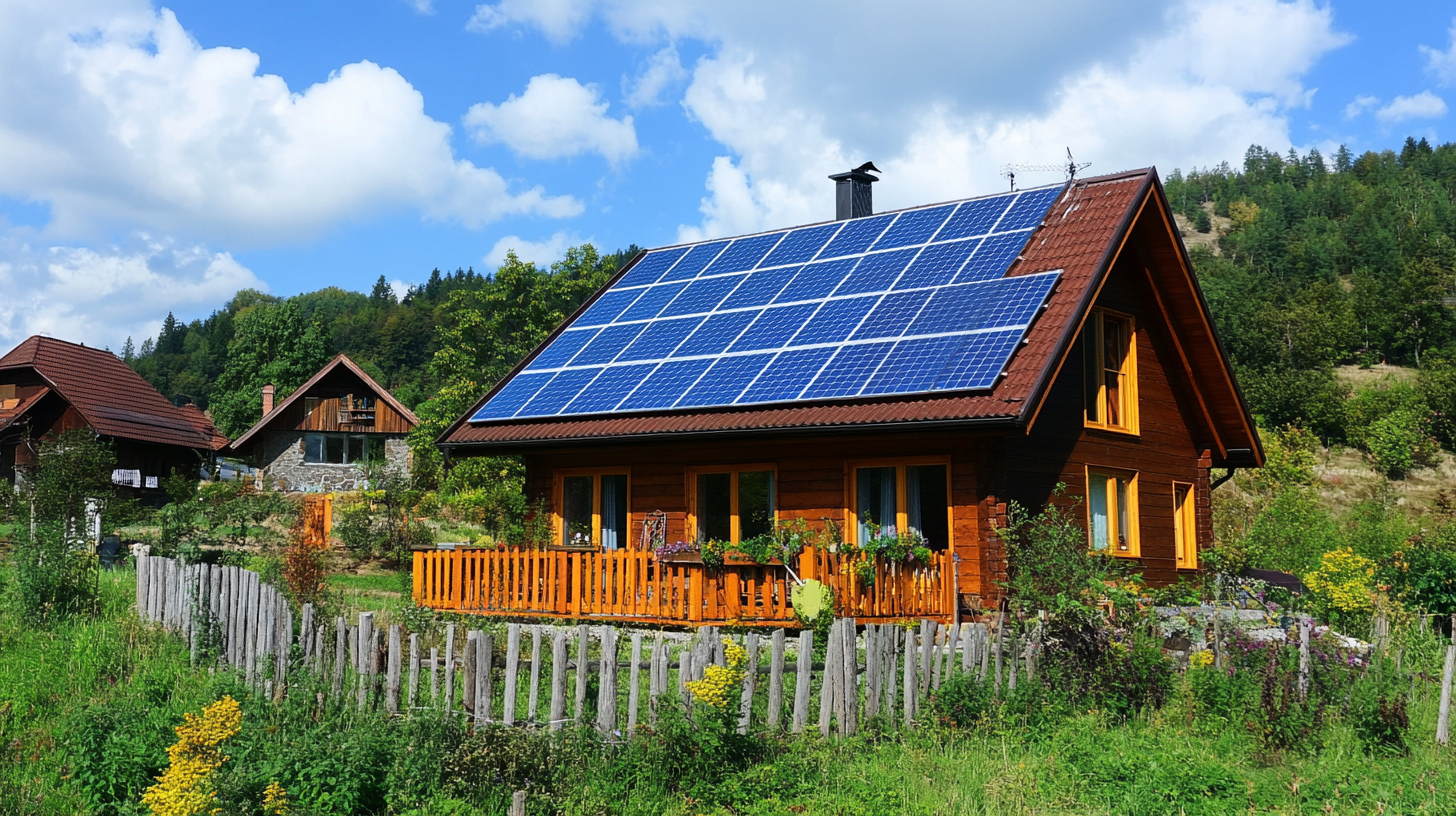 When evaluating solar panels, it's crucial to consider key features that can significantly impact both short-term performance and long-term savings. One of the most important factors is the panel efficiency, which refers to how much sunlight can be converted into usable electricity. According to the National Renewable Energy Laboratory (NREL), high-efficiency panels can achieve efficiencies of over 22%, compared to conventional panels that typically range between 15-18%. Selecting panels with higher efficiency can maximize energy production, especially when space is limited.
When evaluating solar panels, it's crucial to consider key features that can significantly impact both short-term performance and long-term savings. One of the most important factors is the panel efficiency, which refers to how much sunlight can be converted into usable electricity. According to the National Renewable Energy Laboratory (NREL), high-efficiency panels can achieve efficiencies of over 22%, compared to conventional panels that typically range between 15-18%. Selecting panels with higher efficiency can maximize energy production, especially when space is limited.
Another vital feature to assess is the durability and warranty of solar panels. Investing in panels with a robust warranty—often around 25 years—can provide peace of mind and assurance of longevity. A report by the Solar Energy Industries Association (SEIA) indicates that solar panels can lose approximately 0.5% to 1% of their efficiency per year, making a solid warranty even more essential. Choosing panels with higher durability ratings, such as those tested for extreme weather conditions, ensures they last longer and continue providing energy even in adverse environments. By focusing on these key features, homeowners can make informed decisions that lead to significant energy savings and sustainability.
The Long-term Cost Benefits of Investing in Quality Solar Panels
As the global push for carbon neutrality accelerates, the solar energy sector is experiencing significant growth driven by both technological advancements and cost reductions. Recent reports indicate that China's photovoltaic (PV) industry has transitioned into a high-quality development phase, catching up with and even surpassing established markets in Europe and Japan within a decade. With the continuous decline in solar energy costs and the increasing efficiency of photovoltaic systems, the long-term financial benefits of investing in quality solar panels for homes are becoming increasingly apparent.
Moreover, the demand for solar installations is poised for robust growth, fueled by projected investments in energy transition technologies. A report from the East Asia Qianhai Securities highlights the strong demand in the solar inverter sector, driven by the emerging second growth phase of energy storage solutions. This trend underscores the viability of solar panels not just as a green energy source but also as a financially savvy choice for homeowners looking to mitigate rising electricity costs. Countries like Australia are incentivizing solar adoption with rebates of up to $3,400, further illustrating the potential savings that can result from quality solar panel investments.
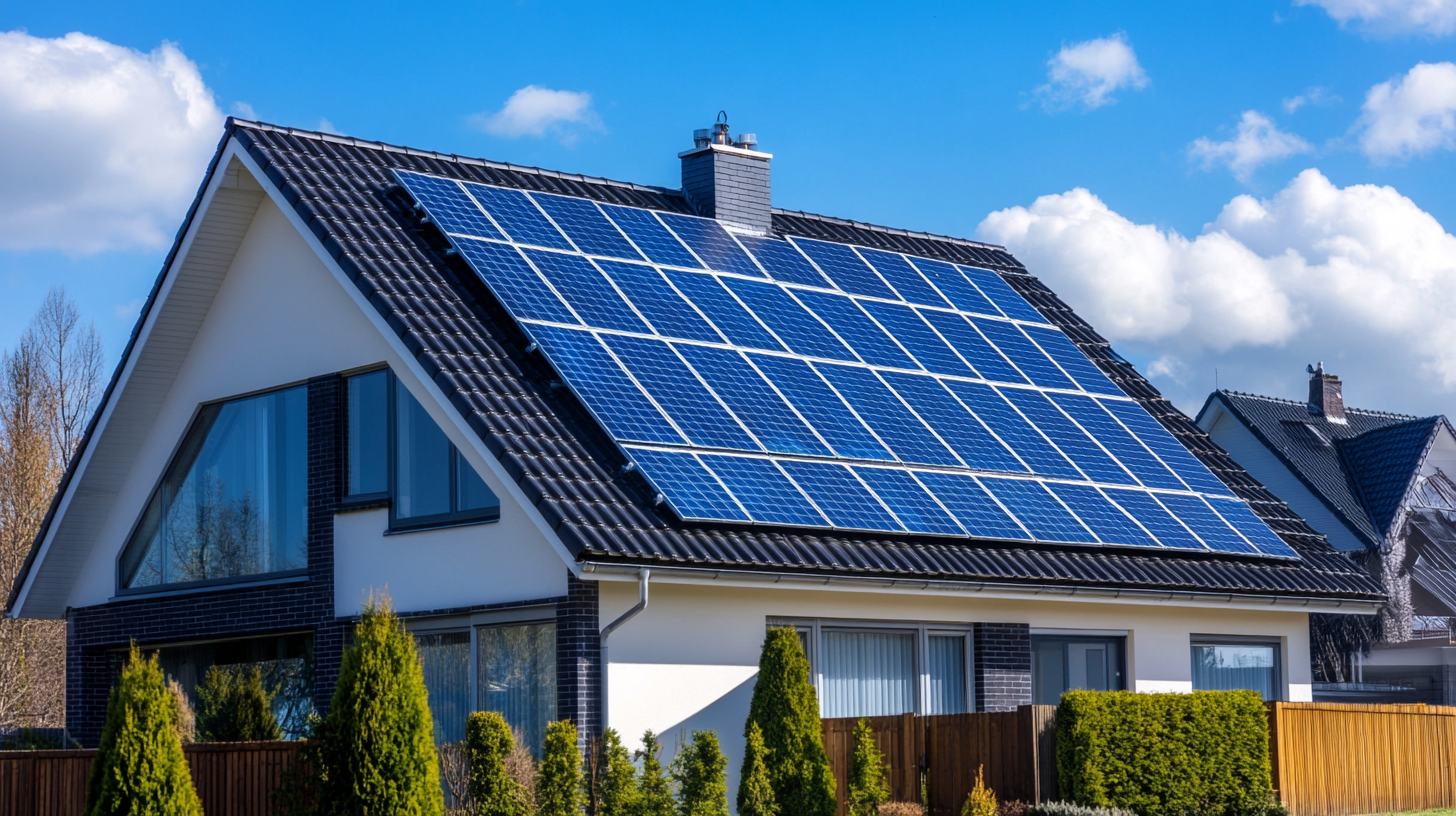
How to Maximize Energy Efficiency with the Right Solar Panel Selection
Solar panels have emerged as a pivotal solution for enhancing energy efficiency in homes, capitalizing on the sun's renewable energy. By selecting the right solar panels for your household, you can effectively maximize energy savings and reduce electricity bills. Understanding the operational mechanisms of solar panels is crucial; they convert sunlight into usable electric power, generating energy regardless of weather conditions. Advanced technologies, such as micro-inverters, further enhance this capability by significantly improving energy conversion rates and enabling real-time monitoring of energy production.
As the global market for micro-inverters is projected to grow substantially in the coming years, it highlights the increasing reliance on solar energy systems as a standard feature in residential settings. Countries like Malaysia are witnessing a rise in solar panel installations, with growing accessibility and decreasing costs. Not only do these systems provide financial advantages, but they also contribute to a sustainable and self-sufficient energy landscape, underscoring their significance as an essential component of modern living.
Unlocking Energy Savings: Advantages of Choosing the Best Solar Panels for Your Home
Incentives and Rebates: Financial Advantages of Going Solar Today
As homeowners increasingly seek ways to reduce energy costs, the financial incentives for adopting solar energy have become more attractive than ever. Governments at various levels offer a range of rebates and tax credits to those who invest in solar panels. For instance, federal tax credits can cover a significant percentage of installation costs, allowing homeowners to recoup their investments more quickly. Many states and local governments provide additional rebates, which can further decrease the upfront expenses associated with solar panel installation.
Beyond government incentives, homeowners can also benefit from lower utility bills and increased property values. By generating your own electricity, you can drastically reduce reliance on grid power, potentially saving thousands over time. Furthermore, homes equipped with solar panels often see an uptick in market value, appealing to prospective buyers who are keen on sustainability and energy efficiency. The combination of immediate financial incentives and long-term savings positions solar energy as not just a responsible choice for the environment but also a smart financial decision for homeowners.
